Partners Zero Hunger Lab
The researchers of the Zero Hunger Lab specialize in studying and helping to realize data science solutions that enable organizations and communities to make informed and often better decisions about providing optimal food security. Collaboration at program and project level is crucial to make people independent of food aid and to ensure sustainable food security with mathematics and smart algorithms.
Working together to make an impact
Our current partners not only give us adequate access to data, people in need, knowledge, money, food chains, disaster areas, or policymakers. Together with our partners, we use Data Science for Zero Hunger to strengthen our SDG-2 impact. We are looking for more partners to make even more impact.
Working on sustainable food security with smart algorithms
Many organizations working for food security collect and report a lot of data aimed at accountability, in other words, looking backwards. Our researchers mainly focus on data that can predict how to reduce hunger: looking ahead. In doing so, we make use of the enormous computing power of computers, smart algorithms, and unlock relevant external and internal (big) data.
Our unique research only has an impact when we collaborate with partners on data science solutions. For example, solutions that enable Issa Fanornah to grow rice and vegetables again to provide food for the people of Sierra Leone instead of sugar cane for European bioethanol. Read more about Issa in Voedselzaak – Hulp of Handel Volkskrant e-book pagina 61]
Research platform
In order to realize research impact and to be able to scale up quickly, we are setting up a cooperative platform organization. In this way, data science can be used for and by people who are structurally malnourished without further compromising their other interests such as safety, equality, privacy, etc. To strengthen and expand the ZHL research platform, we are constantly looking for strategic or project partners who:
- want to use data science to improve the impact of their programs, projects, products, policies, or services;
- have a lot of experience working with people and communities with structural food insecurity;
- want to share their data, knowledge (also from other disciplines), expertise, and resources to develop and implement food security solutions (SDG-2) together with us;
- want to and can invest in the Data Science for Zero Hunger Lab and give direction to our research activities; and/or
- want to apply, share, and secure knowledge and solutions in their organizations and communities.
What is Zero Hunger Lab working on?
The core activity of the ZHL is research. Besides our research projects, we make sure that we always actively share our knowledge through publications, media, events, meetings, and education. We do this to ensure that as many people and communities as possible have the expertise and solutions to use data science for sustainable food security (SDG-2 impact).
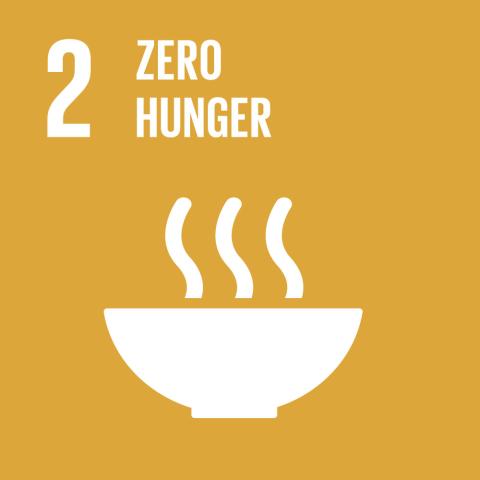
Better support for farmers with knowledge
“As a civil society organization, Solidaridad invests in collecting and analyzing data in order to give farmers more insight into the ins and outs of their farms. With that knowledge, we can better support farmers. We can also use the data to make it easier to demonstrate what we as an organization achieve. We can put the knowledge and expertise of the Zero Hunger Lab to good use, especially when analyzing the data.”
Through the partnership with Tilburg University, we expect to further improve our work with farmers and make a greater contribution to the United Nations Sustainable Development Goal 2: Zero Hunger.
Arjen Mulder, Head of Knowledge Management Learning at Solidaridad Europe
Contact
Projects
-
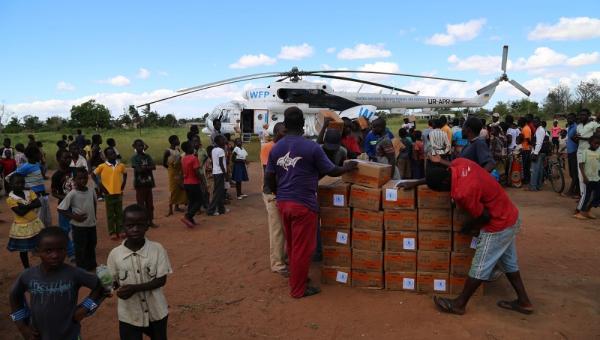
Model OPTIMUS and its collaboration with World Food Programme
The UN approached Tilburg University with the challenge of optimizing the supply chain in crisis situations using data analytics.
More information -
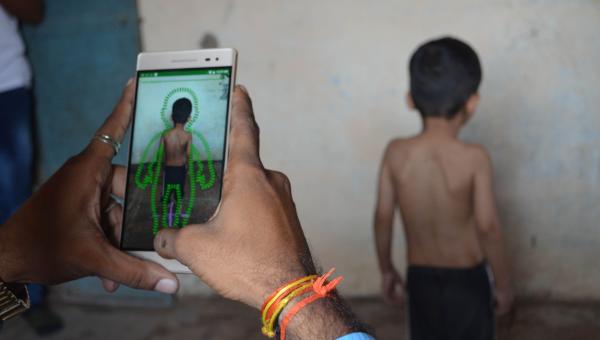
Child Growth Monitor
Tilburg University's Zero Hunger Lab was asked to develop the AI algorithm that measures body parameters, such as height, circumference, and weight from images. The algorithm can be included in the app to enable automatic detection of malnutrition in children all over the world.
More information -

Project Enhance: Cost of Diet
How can we all be provided with food, especially in times of global distress or famine? Through AI and Big Data, the Zero Hunger Lab aims to answer these questions with Project ENHANCE.
More information -
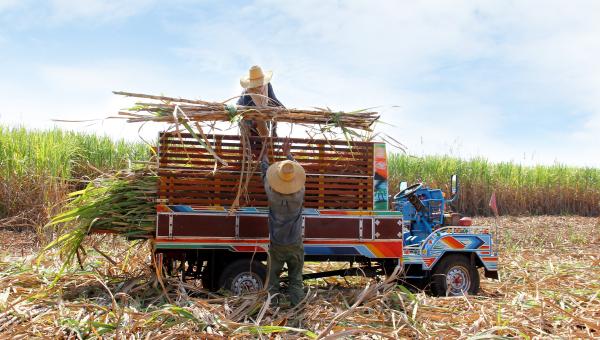
Fair and sustainable supply chain for sugar cane
Solidaridad asked the Zero Hunger Lab how they could use data to contribute as much as possible to the development of a fair and sustainable supply chain of sugar cane and palm oil.
More information -
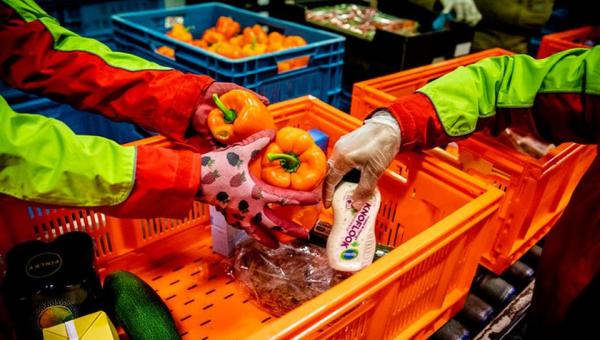
Under the radar
The organization of Dutch Food Banks requested Zero Hunger Lab to develop techniques to predict which people of are eligible for Food Bank support.
More information

